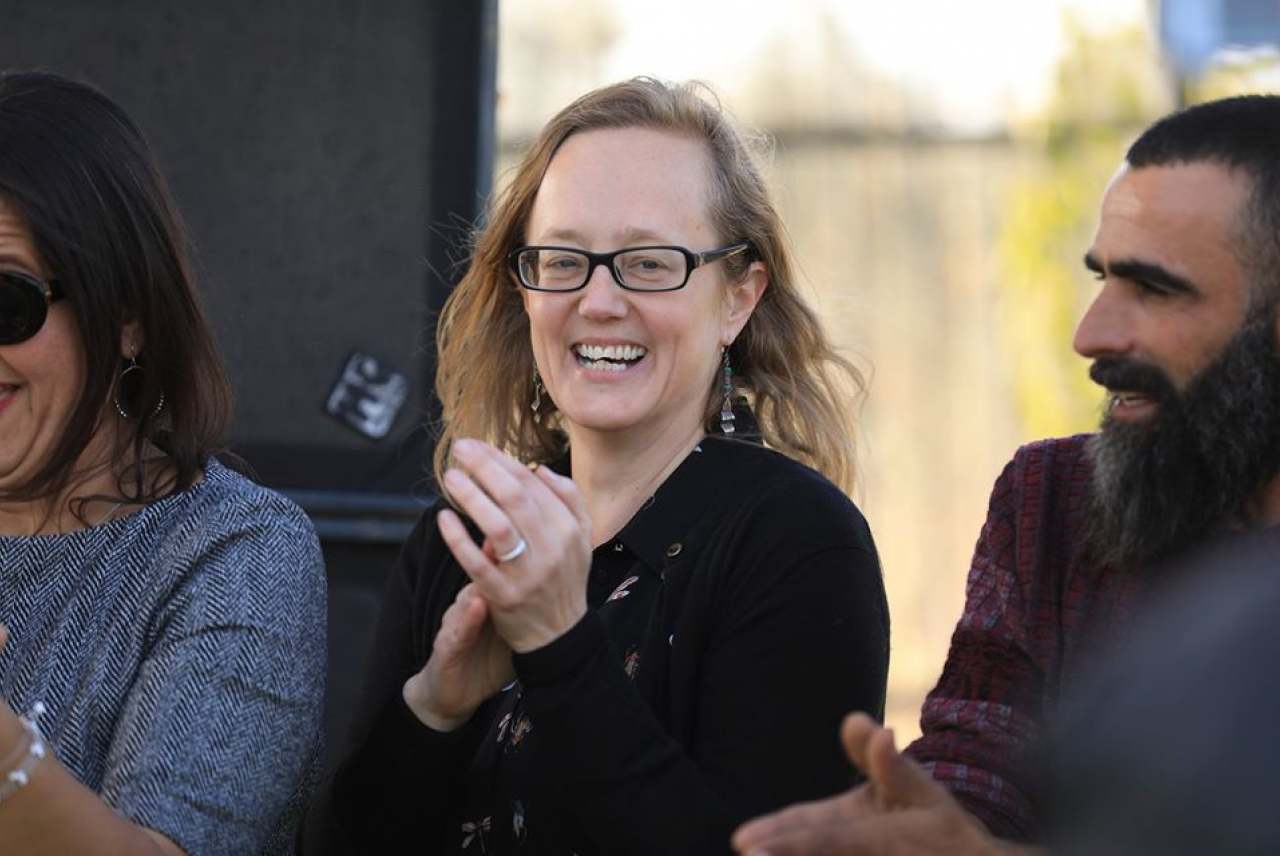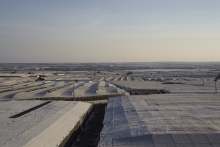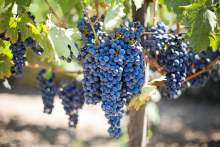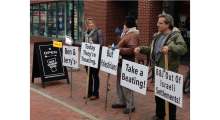Can you tell us a little bit about Zaytoun and your work?
Zaytoun is the Arabic word for olives. We started as a volunteer initiative in 2004 with an aim to find new market access for Palestinian olive oil in the UK amongst our friends, family and interested networks. For the first few years, Zaytoun products were sold through a network of volunteer distributors, at Palestinian advocacy group events, through faith communities, and via independent retailers such as health food and fair trade shops.
Over the years we have developed a range of Palestinian products and have aspirations to bring new tastes and supply chains into our work.
For Ethical Consumer Week 2020, you’re going to be hosting a session where we join the olive harvest in Palestine with representatives from the Palestine Fair Trade Association. Can you talk a bit about why you think this global connection is important?
It is through connection that Zaytoun was born. Through volunteering to harvest olives in 2003 we made connections with olive farmers in Palestine and wanted to do something constructive with what we had learnt whilst keeping in touch with the people we had met. Many of our core customers have visited Palestine and feel that supporting sales of products and spreading the stories of the people behind the products is a tangible (and very pleasurable) way to express solidarity.
There is increasing appetite for transparent supply chains and one of the means we have to do this is to connect people here and in Palestine to each other and enable the exchange of information with each other directly
We started Zaytoun working from our kitchen tables and that is where we find ourselves again under Covid restrictions. What has been key for us remote workers this year is the strong relationships we have with customers, suppliers and our wider network which enables us to keep connections digitally whilst we wait for physical opportunity to resume. We are still working with many of the same suppliers and customers that we started our journey with and are continually inspired by and motivated by the people we work with.
What do you see as the role of international trade and our day-to-day food buying decisions in building more resilient communities?
The connections we talk of above feed in to this. We have heard customers and suppliers wanting to know each other’s reality during the changes that have come over the years - through recession, politics and now COVID-19. Two-way feedback and concern has supported the strength of the supply chain.
Fair trade is a value that underpins your work. What is the importance of this for communities in both the UK and in Palestine?
At the time we started, olive oil was being sold at a price below the cost of production. Today it is a crop that supports sustainable rural livelihoods.
Our focus from the outset was towards the ethics driven market place, and in 2009 the Fairtrade Foundation awarded Zaytoun’s Palestinian olive oil the world’s first Fairtrade certification for olive oil which gave us an opening to wider retail distribution through wholefood and fine food stores.
In addition to the access to market, it brought Palestine into a global network with other producers and sellers. Fairtrade Fortnight has been a key time in our calendar since we started. The opportunity to make connections between communities in Palestine and the UK over this period is core to the way we work.
As Covid19 and the annexation loom heavy on an already vulnerable situation, what else can consumers in the UK do to support the situation?
Maintaining market opportunity is key in what is already a fragile economic situation. In addition we encourage keeping connected with the realities for Palestinian producers; annexation is illegal and our politicians and media need to be reminded of this. COVID-19 in some ways has built an additional insight into what movement restriction means and this has been the daily reality for Palestinians who have lived under Israeli military occupation for decades.






